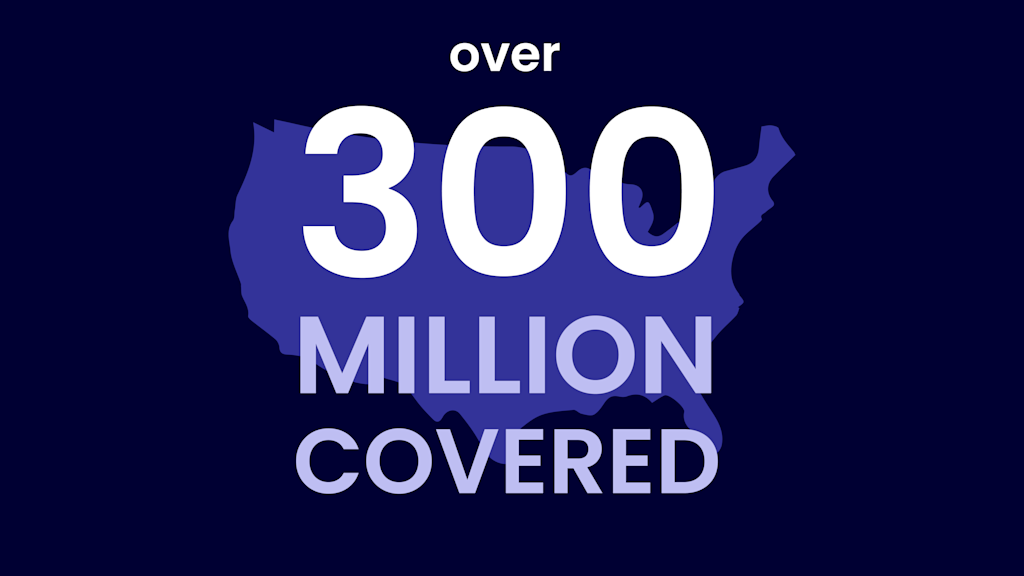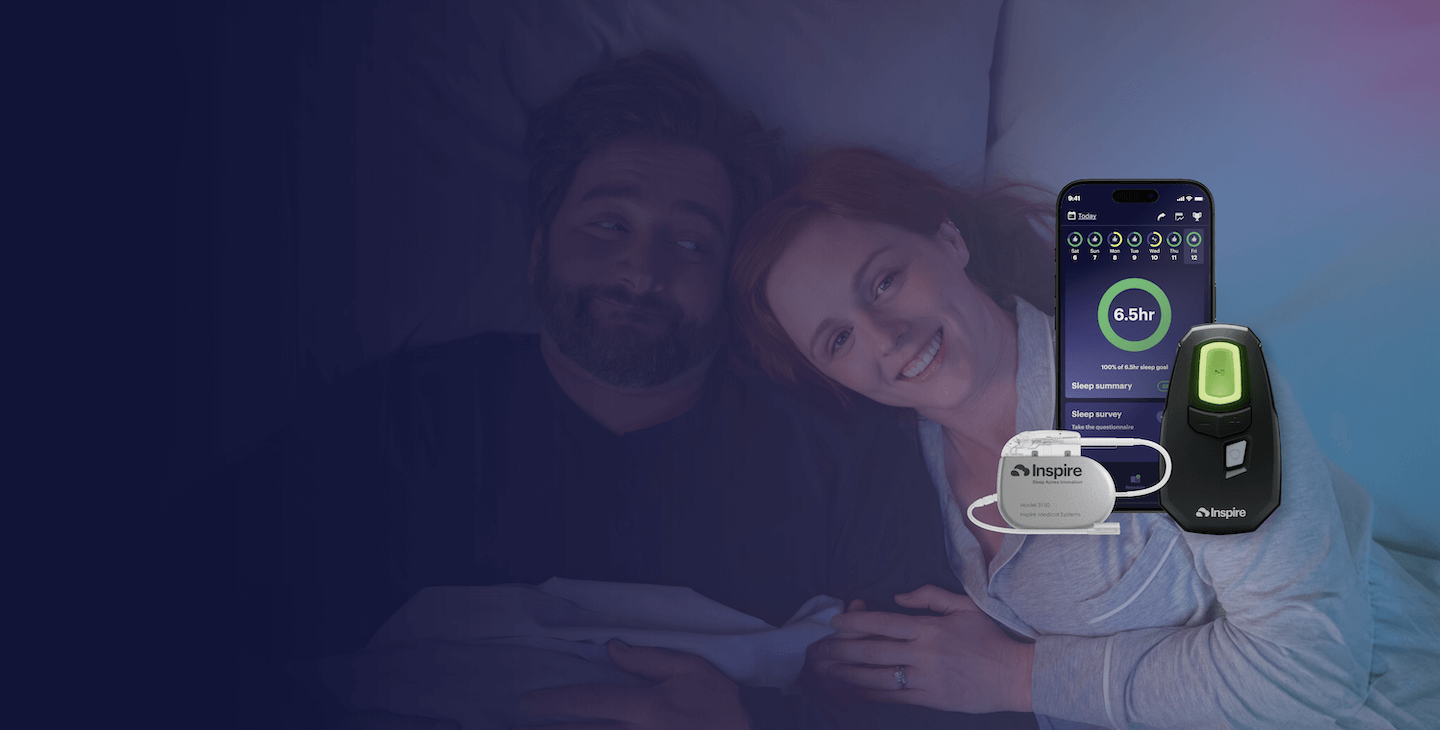Rest assured, most U.S. insurers cover Inspire® therapy
Don’t let concerns about insurance coverage keep you from getting better sleep.1

How much does Inspire therapy cost?
Different plans can result in varying out-of-pocket expenses. Inspire therapy does not verify benefits or quote out of pocket costs. Review the below examples shared by Inspire Patient Ambassadors on how much they paid out-of-pocket for Inspire therapy.
The patient testimonials & sleep apnea treatment reviews above relate to accounts of an individual’s response to treatment. The accounts are genuine, typical & documented. Responses to the treatment can & do vary. Insurance coverage and costs vary with each insurance plan. Inspire does not guarantee any third-party coverage or payment for our products or reimburse customers for claims that are denied by third party payors. Always talk with your doctor about diagnosis and treatment information.
Coverage: What to expect
The vast majority of U.S. insurance providers – including Medicare, Veterans Affairs (VA) and major commercial carriers – cover Inspire therapy for those who are unable to benefit from CPAP.




Talking to your insurance agent
If you have U.S. commercial insurance or Medicare Advantage, it’s best to check directly with your insurance company to confirm your coverage information for Inspire therapy. Here’s a suggested way you may ask your insurance agent:
“I am considering Inspire therapy to help treat my sleep apnea. I would like to understand if my health insurance plan would cover the procedure and if my clinic is in network.
The code for the procedure is 64568 (current Inspire V (five) implant) or 64582 (previous Inspire implant) and it would be billed with a diagnosis code of G47.33*. My clinic is [state your clinic here]. "
*If you are a Medicare patient, you may need to provide a dual diagnosis code of Z68.XX.
Your Inspire-trained provider can answer implant-related questions, including which version of the implant you’ll receive. Inspire Medical Systems, Inc. is currently working with payers to navigate the transition to Inspire VTM within their policies. If you have questions about coverage for your specific Inspire® implant version, please work with your Inspire-trained provider, contact your insurance company, or contact us at [email protected].
Next generation.
Same proven results.
Experience the next generation of the Inspire® implant, designed for enhanced patient comfort and a shorter, simplified procedure3 – available now through many Inspire-trained providers across the country.

See if you qualify.
Take a few minutes and find out if you qualify for Inspire® therapy. Fill out the questionnaire and get your results immediately.
Have you been diagnosed with obstructive sleep apnea (OSA)?
This questionnaire will ask for personal and health-related information. View our privacy policy.
Eligibility requirements
To be a candidate for Inspire therapy, you must meet the following FDA indications:
Age 18 or older
Diagnosed with moderate to severe obstructive sleep apnea
Unable to benefit from CPAP
Inspire therapy has been clinically tested for people with a body mass index (BMI) of 40 or less. Over 90%2 of U.S. adults are within this range. All insurance policies have a BMI policy in place for Inspire therapy coverage. Talk to your provider for more information.
Inspire therapy is FDA-approved for use in pediatric patients with Down syndrome. Learn more about specific qualifications here.
BMI
If you meet the FDA indications for Inspire therapy and your BMI is 40* or less, it's likely your insurance will cover Inspire therapy. This may or may not require a prior authorization process that your clinic and/or the Inspire team can conveniently manage for you.
* Medicare plans require a BMI less than 35


Don't know your body mass index?
Take a simple 5-question quiz to find out if you qualify and calculate your BMI.
Learn more about your specific plan
Talk to your insurance provider for more information about your policy and to get an estimate of what your out-of-pocket costs may be.
An Inspire-trained provider also can talk to you about insurance coverage during your initial Inspire therapy consultation appointment.



